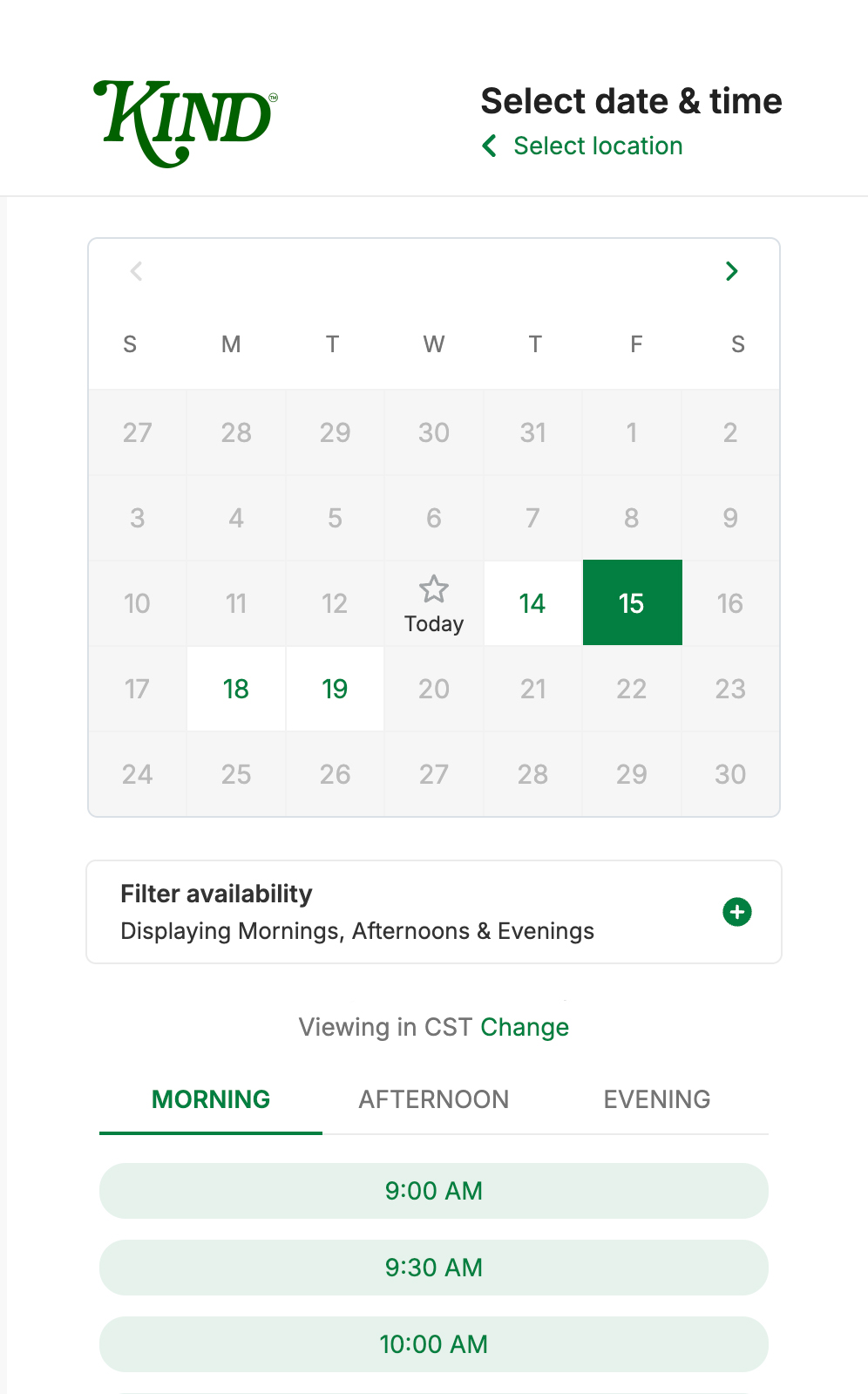Commonly Prescribed Medication
Amitriptyline
Amitriptyline is an antidepressant medication (TCA) that’s generally well-tolerated and effective. It commonly used for generalized anxiety disorder, insomnia, major depressive disorder, panic disorder, persistent depressive disorder, post-traumatic stress disorder (PTSD), postpartum depression, seasonal affective disorder (SAD), and social anxiety disorder.
Kind Health is here for you.





